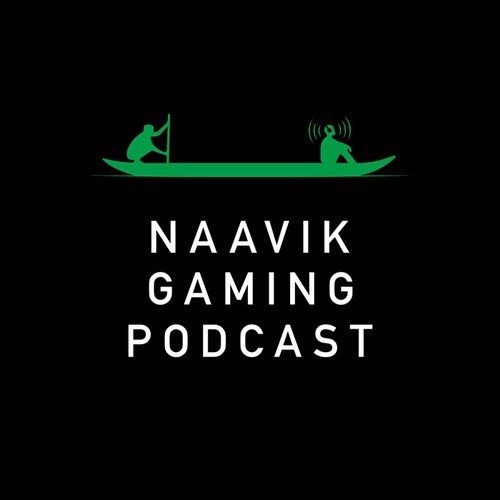
 Naavik Gaming Podcast
Naavik Gaming Podcast Finding Success with AI Agents and Content Creators
18 snips
Jan 28, 2025 In this engaging discussion, Ran Mo, Founder and CEO of Proxima and former EA executive, shares insights from his successful game 'Suck Up!', where players charm AI citizens to gain entry into their homes. He delves into the fusion of AI and user-generated content (UGC), revealing the potential for enhancing player engagement. Ran discusses the evolving challenges of game development, the importance of grassroots marketing, and the innovative strategies needed to navigate today's gaming landscape, stressing the value of creativity and humor.
AI Snips
Chapters
Transcript
Episode notes
Ran Mo's UGC Journey
- Ran Mo's first experience with user-generated content (UGC) was at YouTube.
- Later, he worked with Maxis on The Sims, which uses UGC to enhance role-playing.
Sims vs. Roblox UGC
- The Sims' UGC system is bolted onto the core game, unlike Roblox, which is a platform for user-created content.
- The Sims' UGC is not monetized, limiting creator incentives compared to Roblox's creator payouts.
UGC Business Models
- Consider the business model first: game with UGC or a UGC platform?
- Building a platform requires significant investment and a long payback period.
